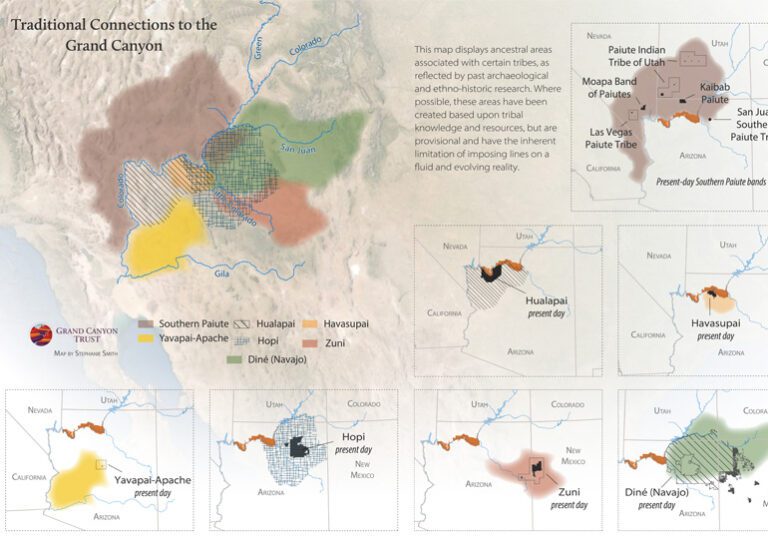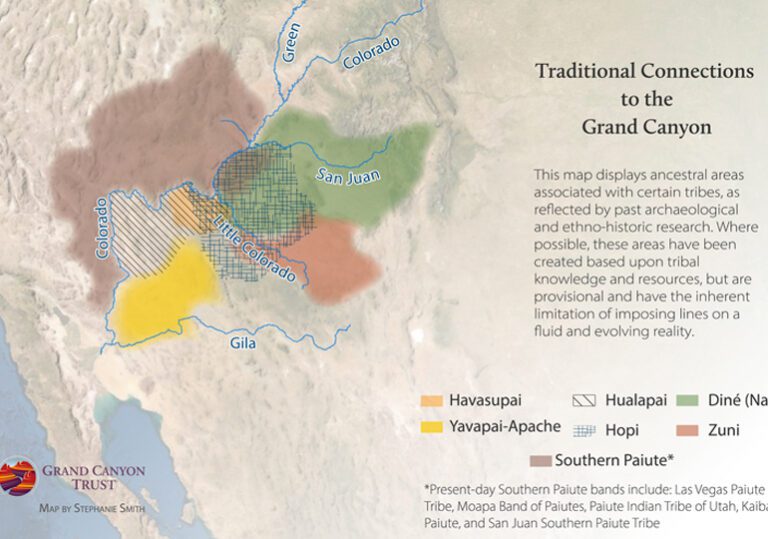Background: What is the National Environmental Policy Act (NEPA)?
Passed into law with an overwhelming bipartisan majority in Congress and signed by President Nixon on January 1, 1970, the National Environmental Policy Act (NEPA) is a critical law that empowers local communities to protect themselves and their environment from dangerous, rushed, or poorly planned federal projects. We teach our children to “look before you leap” — NEPA simply and sensibly requires our government to do the same.
At the heart of this review process are a series of broad opportunities for members of the public to participate in government decisions that affect their environment and communities.
NEPA success stories are as numerous as they are varied — from the construction of the 3.5-mile Hoover Dam Bypass and the redevelopment of the country’s largest Brownfield site in Atlanta to the continued preservation of Giant Sequoia National Monument and El Yunque National Forest. Thanks to this law, hundreds of millions of Americans have participated in important federal decisions.
NEPA under fire
On June 20, 2018, the Trump administration initiated a process to open up the National Environmental Policy Act (NEPA) to potentially serious revisions. If the Trump administration’s infrastructure plan or countless other rollbacks to bedrock laws protecting our environment and public health are anything to go by, that’s bad news for the “Magna Carta” of environmental laws. Really bad news.
On June 20, 2018, the White House Council on Environmental Quality (CEQ) officially announced the Trump administration’s plans to re-examine CEQ’s longstanding NEPA regulations. CEQ’s NEPA regulations ensure that the public is given the opportunity to participate in decisions that impact their lives and that government agencies take a hard look at the environmental and public health impacts of proposed actions as a basis for making informed decisions.
Take Action. Urge CEQ to keep NEPA intact and increase opportunities for public input before the August 20, 2018 comment deadline ›
Make no mistake. This is one of the most severe attacks on our environment, public health, and right to public participation we have yet to see from the Trump administration.
Although attacks on the environment and the NEPA process are by no means new — rollbacks are occurring across every federal agency — the scope of these potential rollbacks are without precedent. CEQ’s NEPA regulations provide the foundation for what is often the only way that the environmental, public health, and economic impacts of federal decisions are disclosed and the only opportunity for the public to meaningfully comment on such decisions.
These proposed rollbacks are not only unprecedented, they are completely unnecessary. As CEQ itself has acknowledged in its own recent guidance, the regulations already provide ample flexibility and a wide array of tools to meet the goal of high quality, efficient, and timely reviews. The strength and flexibility of NEPA and its implementing regulations are one of the reasons it is the United States’ most widely imitated law, with over 160 other countries adopting laws modeled after NEPA. Once again, the Trump administration is proposing to retreat from policies where the U.S. was once a leader.
Further, this process, which could affect every person in America on a level that eclipses even tax reform, is being launched with a long list of technical questions to be answered by “experts” within an outrageously short comment period of 30 days (later extended an additional 30 days). Ironically, the regulations CEQ is seeking to revise repeatedly stress the importance of issuing materials in “plain language” so that the general public can understand and respond to decisions impacting their communities, but the notice requires a specialist to comprehend.
This is no way to have a thoughtful dialogue with the American public about America’s environmental Magna Carta. NEPA is one of the most far-reaching laws ever passed, and the proposed rulemaking would affect every major federal action the government takes, from oil and gas development decisions on our public lands and waters, to the construction of industrial facilities and major transportation infrastructure that release vast quantities of climate, air, and water pollution.
Potential rollbacks to NEPA include:
- Restrictions on public input: The right of citizens to meaningfully weigh in on federal decisions impacting their communities is the most important guarantee of the current CEQ regulations. This notice strongly suggests CEQ intends to limit the public’s ability to participate in federal decision-making.
- Narrowing the scope of NEPA review and limiting consideration of project alternatives: The consideration of project alternatives is often called “the heart of the environmental impact statement.” Consideration of a range of project alternatives often results in the identification of easily implemented mitigation measures, saves taxpayer money, and makes a project more likely to be approved. This notice contemplates changing this requirement.
- Imposition of hard deadlines for project approval: Establishing hard deadlines for project approval regardless of project size, complexity, impact, or the degree of public controversy over a proposal.
- Furthering the Trump administration’s denial of climate science: NEPA provides an adaptative framework empowering federal agencies to address the climate impacts of their actions. The Trump administration, however, has aggressively undermined climate action. CEQ’s notice indicates that it will weaken science-based analytical requirements to obscure climate impacts as a means of extending the life of antiquated fossil fuel infrastructure and boosting fossil fuels development on our public lands and waters.
- Potential conflicts of interest: Applicants could be allowed to prepare their own environmental impact statements, thus eliminating objective analyses about the environmental and related social and economic effects of their proposal.
What’s Next?
CEQ initially solicited comments for only 30 days. The comment deadline has since been extended to August 20, 2018.
In your own words, voice your support for NEPA’s four most essential regulatory requirements:
- Public input matters. Agencies are required to seek public review on prospective, draft, and final projects and other plans that may cause environmental impacts. It should stay that way.
- Public input deserves a response. Agencies need to indicate how they responded to your comments. Let’s keep it that way.
- Assess the environmental consequences. Agencies must assess the likely environmental outcomes of both the proposed project and potentially better alternatives. Let’s keep it that way.
- Scientific evidence matters. Agencies are required to back up their conclusions with evidence. Let’s keep it that way.




